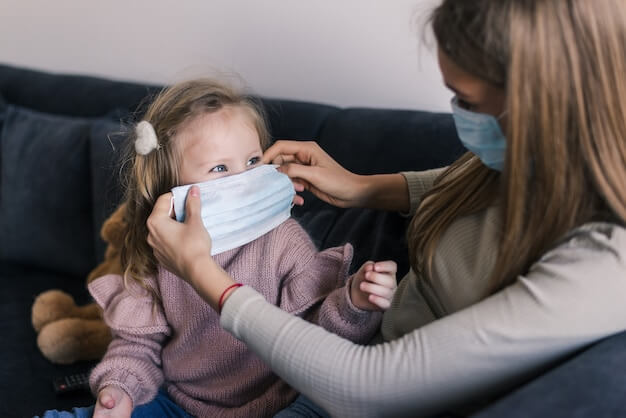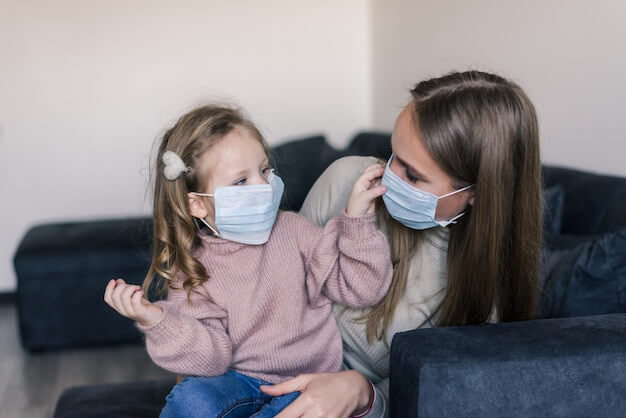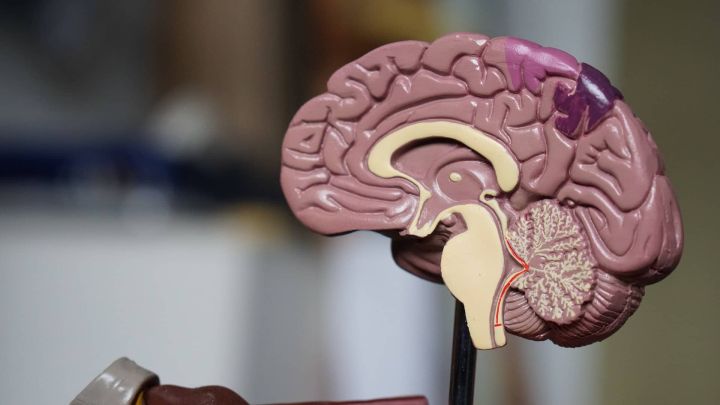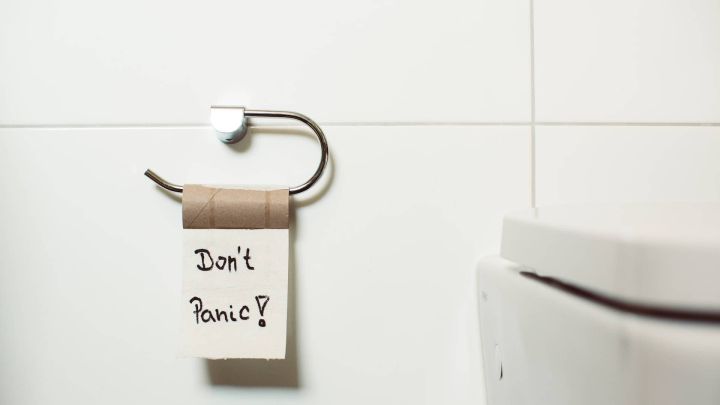Disease
Frequent allergy in spring? Uncover the mystery of "allergy"!
Through the long cold winter, come to the warm spring season. Every time everything recovers, there are many small troubles: dust and bacteria billow in the dry air, the temperature fluctuates, pollen and catkins will fly all over the sky, and allergy may come at any time.

Through the long cold winter, come to the warm spring season. Every time everything recovers, there are many small troubles: dust and bacteria billow in the dry air, the temperature fluctuates, pollen and catkins will fly all over the sky, and allergy may come at any time.
In this beautiful season, many babies are troubled by allergies.
If you want to take your baby to go outing and play in spring, feel the vitality, and keep your baby away from allergies, you should remember the knowledge of allergy prevention in spring! Only by understanding allergy, can we resist allergy correctly. Today we will talk about allergies.
How did the allergy happen
Under normal circumstances, the immune system protects the human body from viruses and bacteria by producing antibodies. Foreign pathogenic microorganisms are recognized by the human immune system, which is equivalent to being posted with a wanted order. The next time these "enemies" invade again, the immune system of the whole body will quickly produce an immune response.
However, by mistake, the immune system will occasionally "misjudge", mistaking some substances harmless to human body as "enemies" and attacking them. If the human immune system overreacts to the natural harmless substances from air, water, contact or food, it can be considered that the human body is allergic.

What are the allergy symptoms
- Dry itchy skin, eczema
When the skin is allergic, the baby's face and body may have mild erythema, edema, and some eczema like changes. Usually, the allergic baby's skin is very dry and itchy. He cannot sleep well at night. He always scratches with his hands. He has red marks on his body and no rash.
- Cough and sneeze
For babies with respiratory tract allergy, inhaling pollen and dust will cause a series of symptoms. In spring, there are sneezing, runny nose, nasal itching, nasal congestion and other symptoms. We should pay attention to the difference with the common cold and consider whether the baby is allergic rhinitis.
- Red, swollen and itchy eyes
In the spring, many babies like to rub their eyes. The conjunctiva is red, and they will also swell and cry. It may be that the allergen enters the eyes and causes inflammation. You should see a doctor in time.
- Vomiting and diarrhea
If the baby often has stomach discomfort and diarrhea, the mother should also pay attention. It may be the digestive tract symptoms caused by food allergy, or gastrointestinal discomfort caused by raw and cold food.
Don't assume that allergies will automatically improve as children grow up. Allergies will change over time, and some situations will become more difficult to treat as they develop. Parents should recognize the severity of allergies so as to prevent and treat them as early as possible.
Why is spring allergic?
Allergy refers to the hypersensitivity of the human immune system to foreign substances. In fact, baby allergy is mainly affected by two factors:
First, physical factors
That is, the baby itself is allergic. The causes of baby's allergic constitution are complex and diverse, but most of them are related to heredity and baby's own immunity.
Second, external environmental factors
That is, the baby is exposed to allergens. In spring, the weather is sunny and the scenery is pleasant, which increases the time for outdoor activities. There are more allergens in the air, such as pollen, dust, catkins, etc., which are easy to sensitize, so the baby's chances of contacting allergens are greatly increased.
Allergic? Stay away from them
- Pollen
Spring is dominated by tree pollen, mostly seed trees, mostly poplars, willows and cypresses. These trees have a large amount of pollen, which is easier to spread on windy days. Because the flowers of these trees are not bright, it is difficult to attract insects to spread pollination, so the pollen of these plants can only rely on "wind" to spread pollen, and it is easier to get into the nose, causing allergy.
If you are allergic to pollen, try to reduce outdoor activities in the season with high pollen concentration in the air, especially in dry and windy weather. If you have to go out, you'd better choose between 10 a.m. and 3 p.m. every day, because there is relatively little pollen in the air at this moment. Take protective measures and wear masks during outdoor activities.
- Dust mite
If the baby is allergic to dust mites, it is necessary to remove items that may attach to these allergens, such as carpets and home fabric decorations. The number of stuffed toys and plush toys should be minimized in the baby's bedroom and study. Dust mites can live in the padding of mattresses, cushions, quilts, pillows, etc., so they should often be taken to the sun to dry. The washable fabric can be cleaned once every other period of time, and hot water above 70 ℃ can kill dust mites. New clothes, or old clothes taken out of the cabinet, should be carefully washed, dried and then worn to avoid the accumulation of dust mites and mold irritating the baby's skin.
- Mold and fungus
Indoor mold and fungus are easy to breed in places with water accumulation such as toilets and kitchens, as well as in flower pots of domestic plants and humidifiers that have not been cleaned for a long time. Attention should be paid to the timely removal of indoor water, no green plants in the bedroom, and the humidifier should be cleaned in time to avoid excessive indoor humidity.
It is more suitable for outdoor sports on sunny days after rain. Rain will depress the dust in the air and make the air cleaner.
In addition, while ensuring the sleeping time of the baby every day, encourage more exercise to improve the physique and immunity. The climate in spring still changes a lot, especially the temperature difference between morning and evening. So when taking your baby to exercise, don't let him get too tired, and don't let him breathe too much cold air, so as not to stimulate his throat and cause allergy.
-
![]()
![]() DiseaseJan 18, 2025
DiseaseJan 18, 2025The unknown intestinal flora is closely related to various diseases!
-
![]()
![]() DiseaseJan 17, 2025
DiseaseJan 17, 2025What Exactly Are The Symptoms Of An Advanced Brain Tumour? What Are The Physical Signs?
-
![]()
![]() DiseaseJan 16, 2025
DiseaseJan 16, 2025Can Head And Neck Cancer Recur After Treatment? What Is The Treatment For Recurrence?
-
![]()
![]() DiseaseJan 15, 2025
DiseaseJan 15, 2025What Will Happen If You Don't Treat Your Piles?
-
![]()
![]() DiseaseJan 14, 2025
DiseaseJan 14, 2025Frequent allergy in spring? Uncover the mystery of "allergy"!



